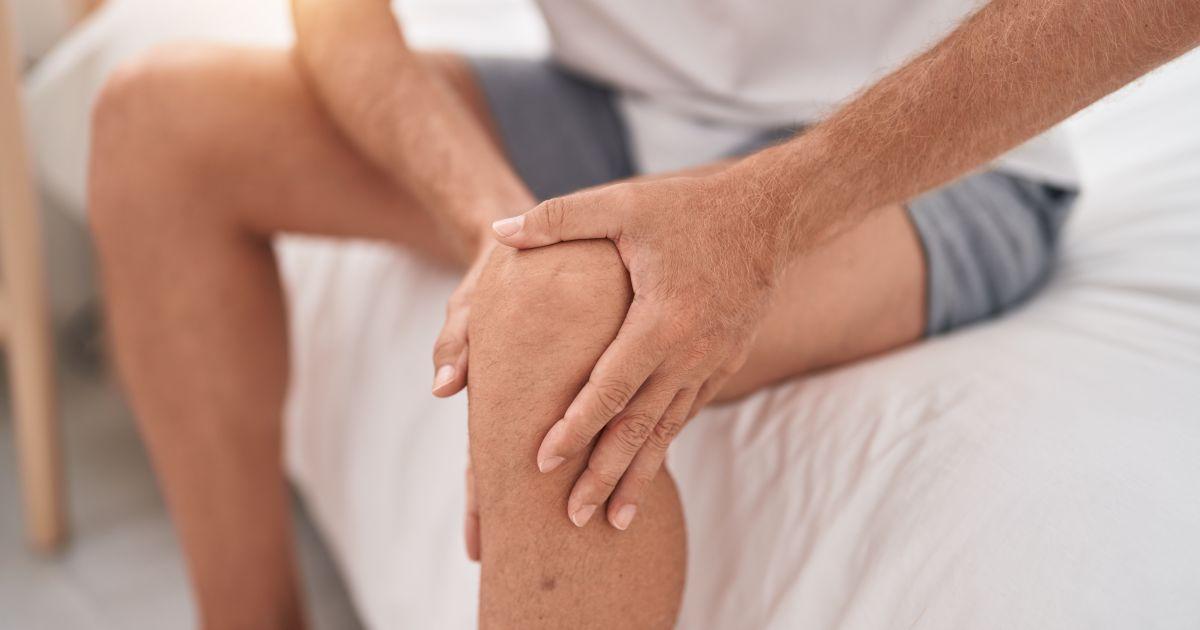How medical ignorance about menopause puts women's lives at risk.
Hormonal changes during menopause can lead to suicidal thoughts.This is an unknown problem and has not yet been resolved.A negative relationship was revealed in a colleague's research that I myself conducted.
The study, which included interviews with 42 women who had suicidal thoughts and behaviors during pregnancy or menopause, showed alarming patterns.Women in crisis were receiving antidepressants instead of hormone replacement therapy (HRT), despite clear assumptions that antidepressants should not be used in early menopause.
Over the past 20 years, there has been an increase in the population of people in their 40s and 50s - the most common age of aging.But the role of hormonal changes in this mental health crisis has been ignored by Antilles.
The women who participated in the study described feelings of deep hopelessness and closure.One participant said, "What's the point of being alive? What purpose, what role do I have? I have nothing to offer, nothing to contribute. Why am I still here?"
The perimenopause depression they describe goes beyond general low mood to include debilitating fatigue, a sense of worthlessness, and a feeling of being a burden on loved ones.Many people wonder if their lives still have any value or purpose.
A blind spot in healthcare
The study revealed an alarming gap in medical knowledge and treatment.Women reported long delays in receiving appropriate hormone replacement therapy (HRT) and frequent misdiagnosis.Many said their GPs did not have a basic understanding of how hormones affect mental health.
"There was no science about hormones," said one doctor."They did their best to do what they thought they knew, but they knew absolutely nothing about it. It's not part of their clinical assessment that we ask about women's menstrual cycles."
When women openly ask for hormone therapy, some are denied therapy because of strict interpretations of clinical standards.Studies have shown that antidepressants given to women indiscriminately, a pattern reported in some cases, aggravated symptoms instead of relieving them.
Hormonal panic of menopause cannot be isolated.In middle age, women often have to cope with caregiving, professional pressures, and domestic demands.These pressures, combined with biological changes, create a potent mix of physical and emotional strain.
It is now widely recognized that women are losing jobs, relationships, and in some cases, decision-making because of menopausal symptoms.Mood swings, anxiety, mental confusion, hot flashes and feelings of deep sadness can be debilitating.But for many of them these symptoms are ignored or misinterpreted
This triviality has deep historical roots.The outdated diagnosis of "hysteria" - a false label used to describe women's emotions - only confirmed medical treatment and electronic therapy.The words may have disappeared but the legacy lives on in a way that the hormonal problems of the family will continue as an extension or an excess.
There are signs of change.In 2021, an independent UK government review made ten recommendations to support menopausal women in and outside the workplace.And in November 2024, clinical guidelines were updated to recommend psychological support for women experiencing early menopause.
However the danger of the murder is not for a farmer to the customers in a manpopause man.
Thuairiscigh go leor mná sa staidéar feabhsuithe suntasacha ar fholláine mheabhrach agus laghdú ar smaointe féinmharaithe tar éis dóibh HRT tráthúil agus tacaíocht a fháil ó ghairmithe sláinte a d’éist leo i ndáiríre.Some people described their life as something they managed to carry again after years of suffering.
All women do not need to change, but all the people need to have their horsodods look up to the maintenance.Must choose actimates - caught and support and used and take it to be taken and
The silence surrounding menopausal mental health has gone on for far too long.It is time for health services to recognize this crisis for what it really is: a matter of life and death.








